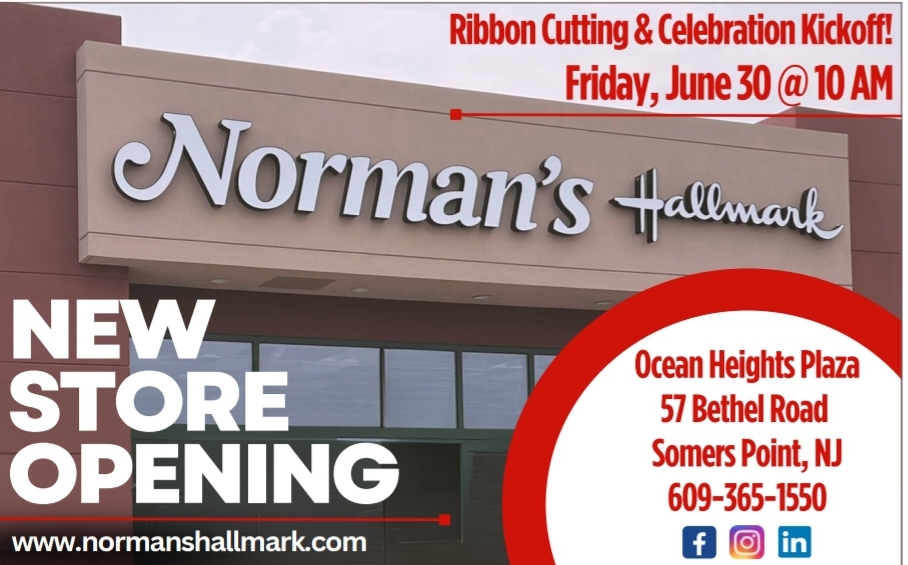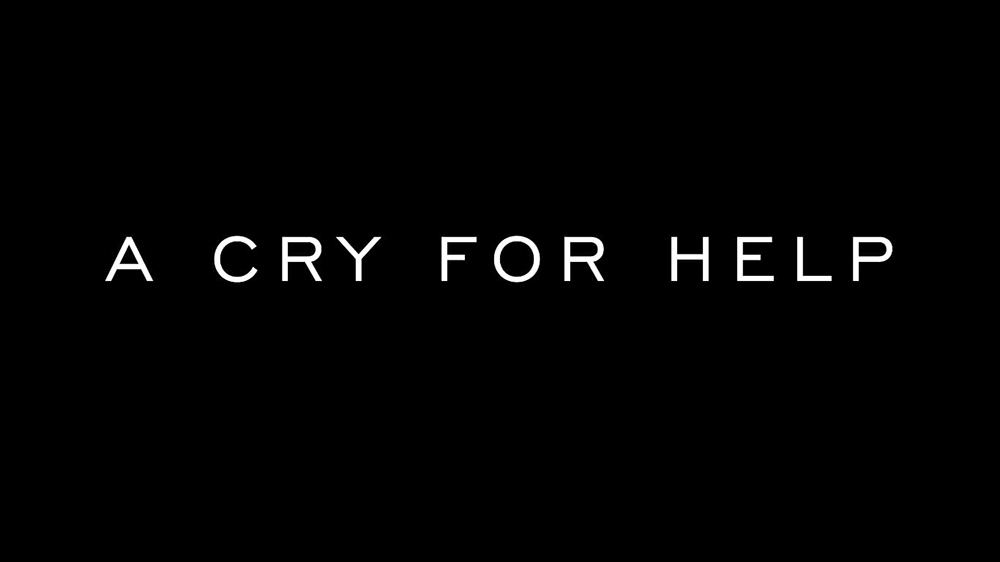By Steffen Klenk
Living with special needs can be a challenge. For people diagnosed with a physical or intellectual disability, there are day-to-day struggles navigating everyday life. For parents, guardians, and caregivers of people with disabilities, balancing work, home life, and managing services is a priority.
Three years ago, during the height of the COVID-19 pandemic, the disability community was hit hardest by lockdowns and restrictions. Daily life as we knew it completely changed in what felt like an instant. As schools, workplaces, stores, and restaurants closed their physical doors, and we resorted to staying inside and washing our hands frequently. This great shift in routine became very challenging.
Now some area moms have teamed up to tell their stories in a new thought-provoking documentary film.
“A Cry for Help” chronicles life during the pandemic as told by parents and guardians of people with special needs. One of those parents featured in the film is Kathy Berns of Galloway. She is the mom of two sons. While the youngest faces special needs challenges, he is described as extremely social and a participant in group activities. “His whole reason for being is being out of the house,” Berns said.
The film is directed by Diane Shorter, the mom of a son with autism. She made the film with hopes of informing state officials of the many challenges parents and guardians felt during this stressful time in our country’s history.
“If a hurricane hit New Jersey, we have a plan in place, but this is something that affected everybody worldwide,” Shorter said.
Kathi Lentz is the operations director at The Arc of Atlantic County. At the height of the COVID-19 pandemic, Lentz was providing remote services to families of intellectually disabled individuals, while learning how to use Zoom. She was also the guardian of an older gentleman named Steven, a Mays Landing resident who resided in a group home.
“Getting to see him was impossible,” Lentz said. “He wasn’t one to chat on the phone.”
In late 2020, after suffering a fall in his home, Steven was admitted to an area hospital. Amid restrictions on distancing and protecting patients from illness, Lentz was placed in charge of speaking to nurses by phone, ensuring Steven’s most basic needs were met. Following intensive care, rehabilitation, and visits to the emergency room, Steven passed away on Dec. 2, 2020.
For some, there was the challenge of gathering the most vital information. For patients in area hospitals such as Steven, there was the inability to communicate crucial information about protective physical care, diets, and precautions, especially for those who could not voice such crucial information.
These sudden changes were drastic for the disability community. For an individual on the spectrum, it may be difficult to understand changes in daily routine. During COVID, parents, guardians, and caregivers saw their loved ones regress, become anxious, and face behavioral changes.
At 42 minutes in length, “A Cry for Help” details the struggle many caregivers faced finding or locating services through eye- and ear-opening testimony. The film recently won the Silver Telly Award in the Non-Broadcast category for Long-Form Documentaries and Best Short Film Documentary at the Atlantic City Cinefest.
“A Cry for Help” was filmed on location at Weist Barron Ryan of NY Acting Workshops and Casting in Galloway. The documentary was produced by Quinn Showell and Stefanie Ryan, with editing and lead camera operations by Lada Doukhani.
WBR is also home to Rising Stars, a program that allows individuals with developmental disabilities to participate in interactive and engaging workshops where participants develop important skills including self-confidence, public speaking, reading, focus, and eye contact.
The pandemic exposed with staggering clarity the vulnerabilities of special needs communities. Parents, guardians, and caregivers want to assurances that essential supports are put in place before the next potential emergency.
To learn more about “A Cry for Help” contact Diane Shorter at shorterdiane2020@gmail.com.










